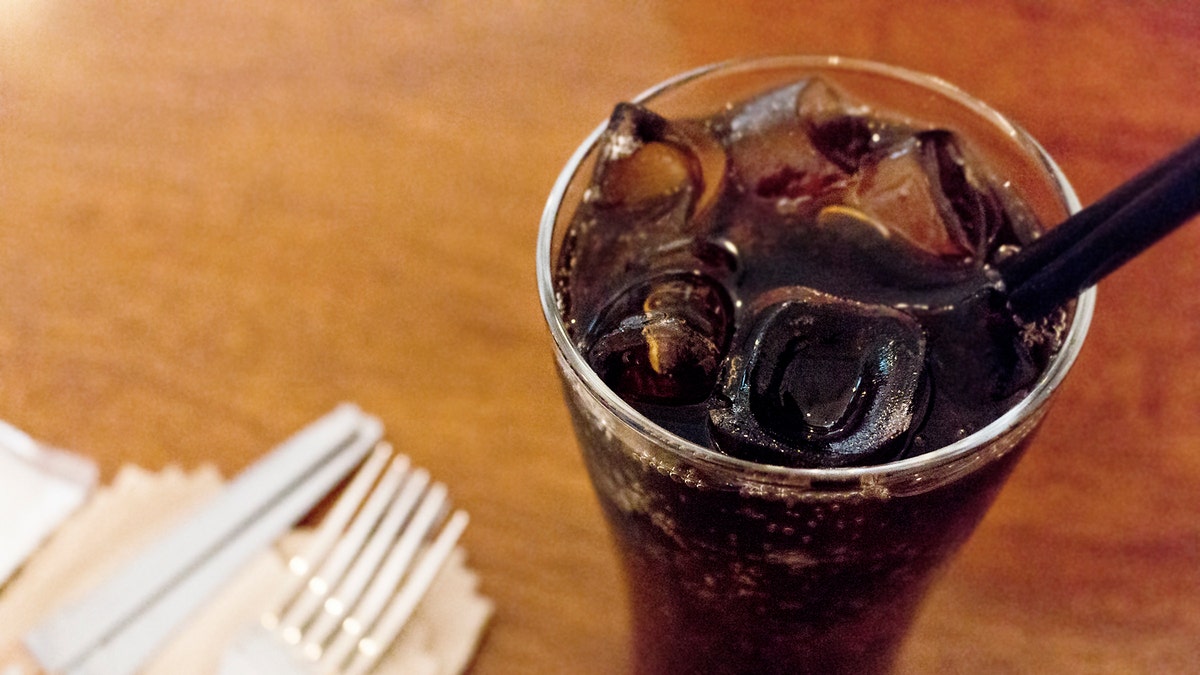
Glass of cold soda on wood table. with straw. napkin, forks and knives (iStock)
The constant flow of new nutritional and medical research sometimes makes it seem all but impossible to know which healthy habits to follow. If a study’s conclusion is embellished or misrepresented it can result in people thinking, for instance, that they should wake up every morning to a shot of tequila, or not vaccinate their children.
So how do you differentiate between which habits are healthy and which ones are just a product of popular hype? For a lot of the healthy habits in question, the science is more or less inconclusive. Weight loss, hygiene, and fitness advice is complicated, and rarely does one eating regimen or fitness routine work for everyone.
This article isn’t suggesting that you never go on a juice cleanse, completely eschew supplements, or stop doing cardio, but rather that you be aware of the fact that these remedies, eating tips, and exercises may not be as life-changing as advertised.
Here are some of the worst "healthy" habits you have:
Being addicted to antibacterial soap
There is little evidence backing up the claim that using antibacterial soaps are more effective at eliminating germs than simply washing your hands with warm, soapy water. Worse, about 75 percent of antibacterial soaps contain the chemical triclosan, a drug that’s never been comprehensively evaluated by the Food and Drug Administration. According to the FDA, “some short-term animal studies have shown that exposure of high doses of triclosan is associated with a decrease in the levels of some thryroid hormones,” while other studies, “have raised the possibility that exposure to triclosan contributes to making bacteria resistant to antibiotics.”
Drinking diet soda
Diet soda and zero-calorie soft drinks pretend to be weight-loss-friendly, but a number of studies argue the opposite, suggesting that drinking diet soda may lead to heart problems, increased appetite, and weight gain. Preliminary research also points out artificial sweeteners like aspartame may lead to headaches, anxiety, and insomnia, while sucralose, the main component in Splenda, can have a laxative effect.
More From The Daily Meal
Eating only "fresh" foods
For whatever reasons, there is the perception that canned and frozen foods are nutritionally inferior to fresh foods. Foods like canned beans and fish and frozen vegetables are easy to work with, low in calories, and rarely laced with superfluous additives and seasonings, and often have a shelf-life of more than a year. A 10-ounce package of frozen vegetables contains only 166 calories, while a three-ounce can of tuna contains 70 calories and 16-grams of protein, making both healthy and convenient options.
